By Megan Pugach, PhD
Director of Education
About Forsyth Student Scholars
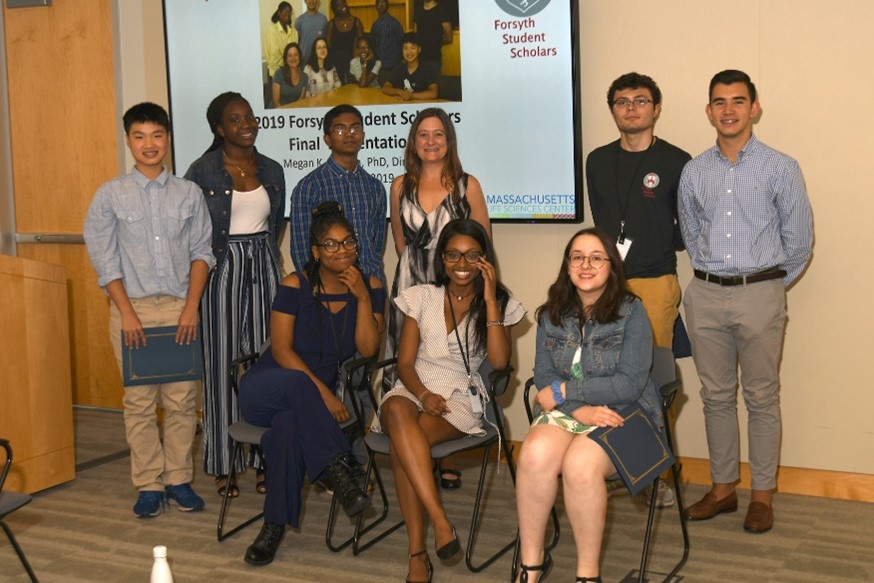
Forsyth’s Student Scholar Program (FSS) pairs high school students from underserved communities in the greater Boston area with our world-class scientists for a summer research internship. This year marks the 30th anniversary of the FSS program at Forsyth. As one of the first STEM programs in the US, we’ve been in the business of creating equal opportunities as long as anyone else. In honor of the anniversary, we reflect on the history of the program and why this work is so important.
Forsyth Student Scholars Program: A 30-Year Legacy of Opportunity
31 years ago, during their annual meeting, the American Association for Dental Research (AADR, now AADOCR) decided to implement a pilot outreach science program for high schoolers from underrepresented communities. The program was to be held at the Forsyth Institute, under the leadership of Dr. Martin Taubman, then Past President of AADR and head of the Department of Immunology at Forsyth. More than 200 students and 20 teachers from Boston’s public high schools gathered for a summer of hands-on science at Forsyth, sponsored by AADR.
The inaugural summer program was so successful, that Forsyth made an institutional commitment to actively mentor students interested in STEM-focused careers by creating an annual summer program. The Educational Outreach Program (EOP) began the following year, in 1993. For the past 30 years, this program has been going strong, with an impact beyond the founders’ wildest dreams.
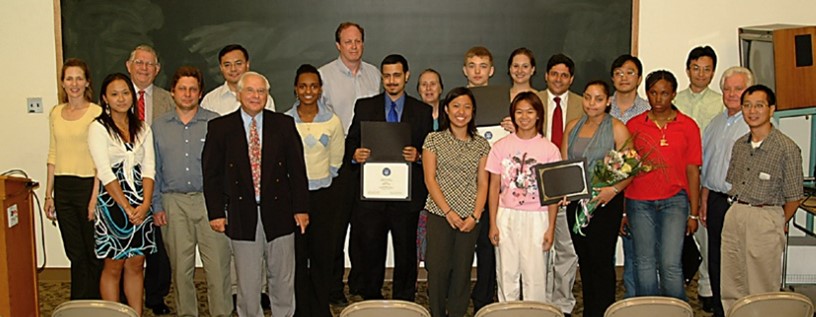
EOP, now known as FSS, has been generously supported by Forsyth’s CEOs, PIs and especially by current and former Forsyth Staff, Kathy Eklund, Anna Rivkin, Susan Orlando and Jo Buchanan.
FSS Educational Equity Today
A primary goal of the Forsyth Student Scholars Program is to address oral health disparities with educational opportunities typically not available to high school students in the Boston Public School System.
The FSS program focuses on encouraging students to pursue careers in science and oral health through early exposure to and success in science. Through the internship, students receive training and hands-on experience, and an effective support structure as they enter college. This experience also raises their awareness of oral health issues in underserved communities.
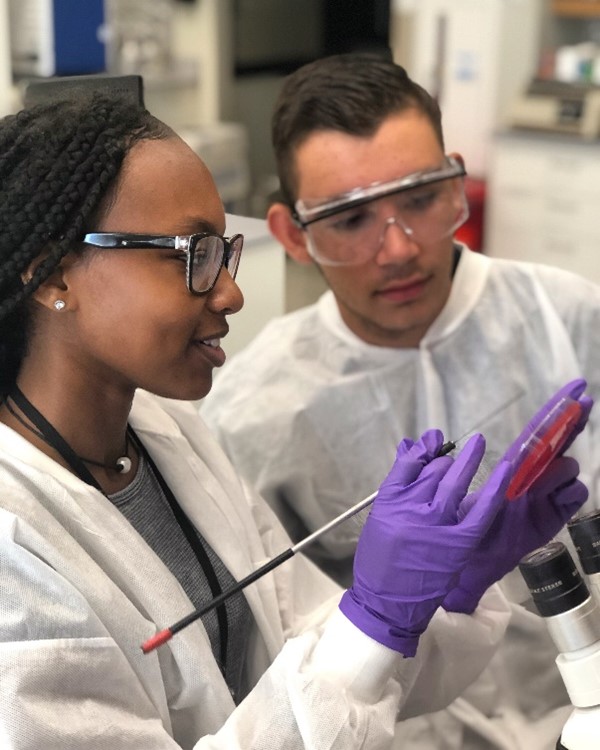
The Broad Impact of FSS
Pipeline or pathway programs for minoritized students interested in the dental and health professions are known to significantly benefit students in pursuing these careers. The impact of FSS has been profound, opening up interest and providing opportunities for future academic pursuits they likely wouldn’t otherwise have. The statistics alone speak to the value of quality early exposure to science.
Today, participants come from schools with 67-84% graduation rates, and high school dropout rates of 8-12%. Additionally, only 9-28% of students in these under resourced schools plan to attend a 4-year college.
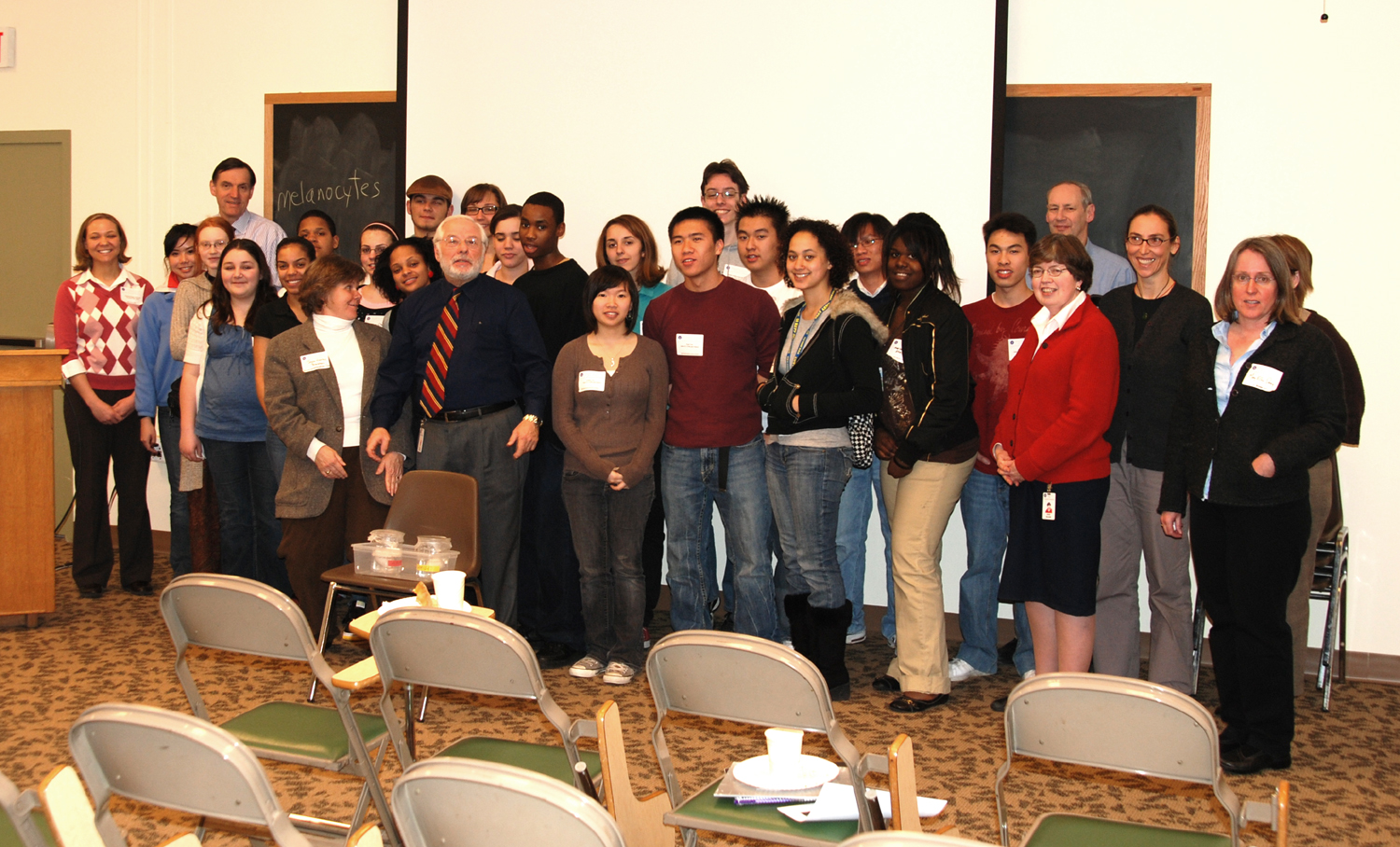
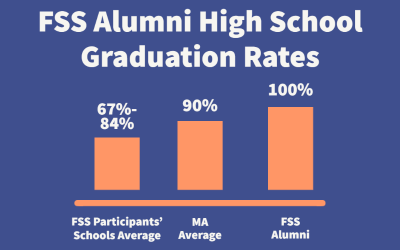
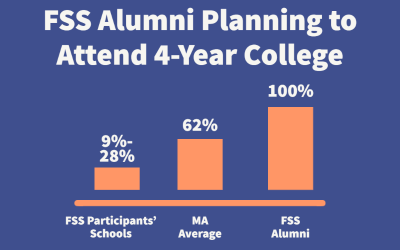
Comparatively, 100% of the Alumni of FSS tracked since the program began in 1993 have graduated high school and have attended or currently attend a college program. Furthermore, 86% are currently working in a science field and 53% have completed graduate, medical, dental, or professional school.
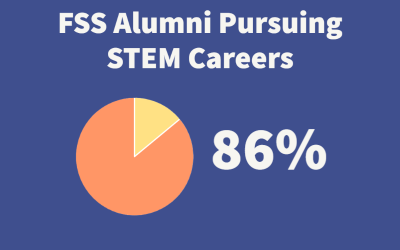
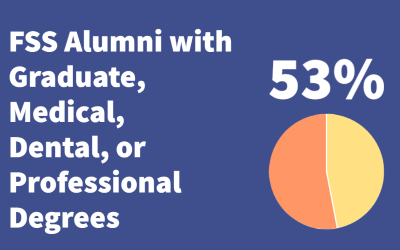
| Table. FSS High School Program Measures of Success *tracking ~55% of alumni from 1993-2022 [make a note at the bottom of the graphic with an asterisk] | |
| Students complete the program. | 100% |
| Students completing program attended or currently enrolled in postsecondary education program. | 100% |
| Completed a 4-year college degree | 95% |
| Completed graduate, medical, dental, or professional school | 53% |
| Working in a science related field | 86% |
| Graduated with STEM or health science degree | 92% |
| Working in a health disparities field | 49% |
| Science or health-related publications by FSS Alumni | 163 |
Many FFS participants have won regional and national awards, have been featured in their towns’ newspapers, presented and national and international research conferences, been co-authors on peer reviewed journal articles and more, all while participating in the summer program: NAACP ACT-SO Award, FSS Visionary award, Allston student, Forsyth in Boston Globe, Brockton Students, AADR/IADR 2015, Matrix Biology 2015
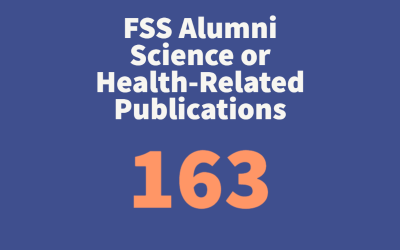
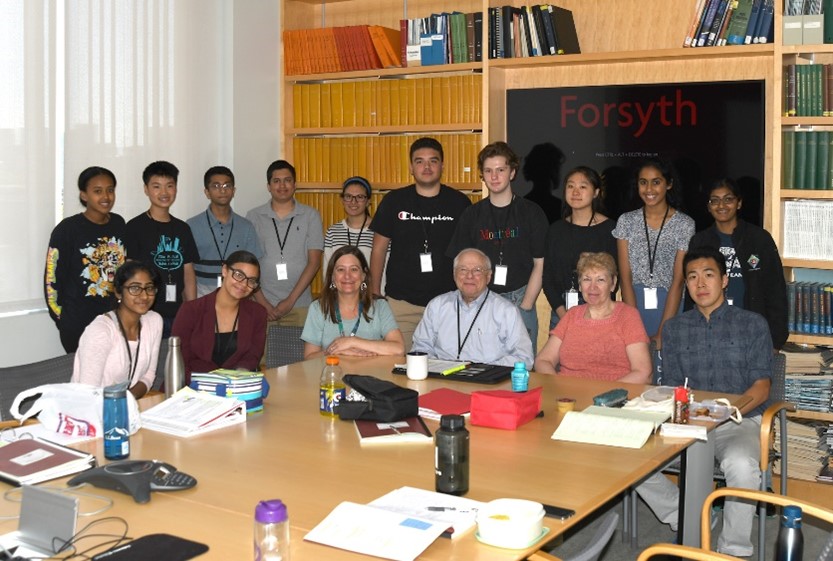
In honor of the FSS 30th anniversary we will be featuring some interviews with past FSS participants. Please stay tuned.
Oral Health and STEM Education Disparities in the U.S.
Black and Indigenous People of Color (BIPOC) are traditionally underrepresented among science and oral health professions. For instance, in 2020, Latinx, Black, and Indigenous dentists represented only 5.9%, 3.8%, and 0.2% of active dentists, respectively, although these groups represent, respectively, 18.9%, 13.6% and 1.3% of the population.
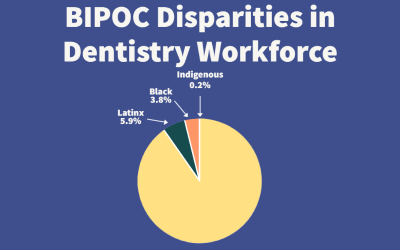
The lack of racial and ethnic diversity within the dental workforce has important implications for oral health equity, increasing the number of underserved areas across the country, and creating “dental deserts” in the rural and low-income communities.
Minority health care professionals are vital to meeting the health care needs of minority communities. Americans from racial and ethnic minority groups, and those living in poverty, experience poorer oral health outcomes than the general population. The lack of access to good oral health care impacts significantly impacts overall health outcomes with age. Additionally, oral disease is associated with increased systemic disease, so addressing oral health disparities is critical for addressing overall health disparities in these communities. Having a diverse and culturally competent dental workforce is a fundamental step to reducing oral health inequities.

FSS Curriculum
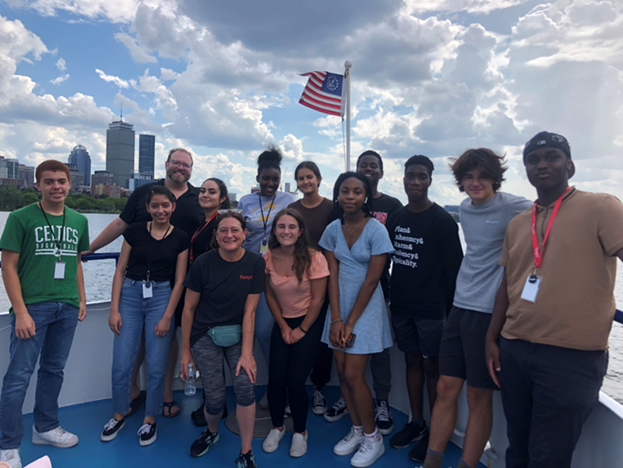
The goals of FSS have expanded quite a bit since the program opened in 1983. Today, in addition to the research project, our curriculum includes professional development to support learning beyond the program, including:
- Basic laboratory skills
- Science and oral health learning
- College and career readiness
- “Soft” skills with a focus on self-advocacy and self-efficacy
Every year, the 8-week summer program culminates with presentations of students’ research projects to families, educators, friends, and the Forsyth scientific community. The presentations are combined with an award ceremony when each student receives a Certificate of Achievement in recognition of their accomplishments over the summer.
The EOP was generously funded by the National Center for Research Resources of the National Institute of Health (NIH) until 1995, SmithKline Beecham from 1996-1998, and Colgate from 1999-2017. Since the launch of our new Program name 2018, Forsyth Student Scholars (FSS) has been generously supported by United Concordia, City of Cambridge, City of Somerville, City of Boston, Care Capital, Massachusetts Life Sciences Center (MLSC) since 2018, Boston PIC since 2019, and The Pathway Initiative (TPI) starting this year.
